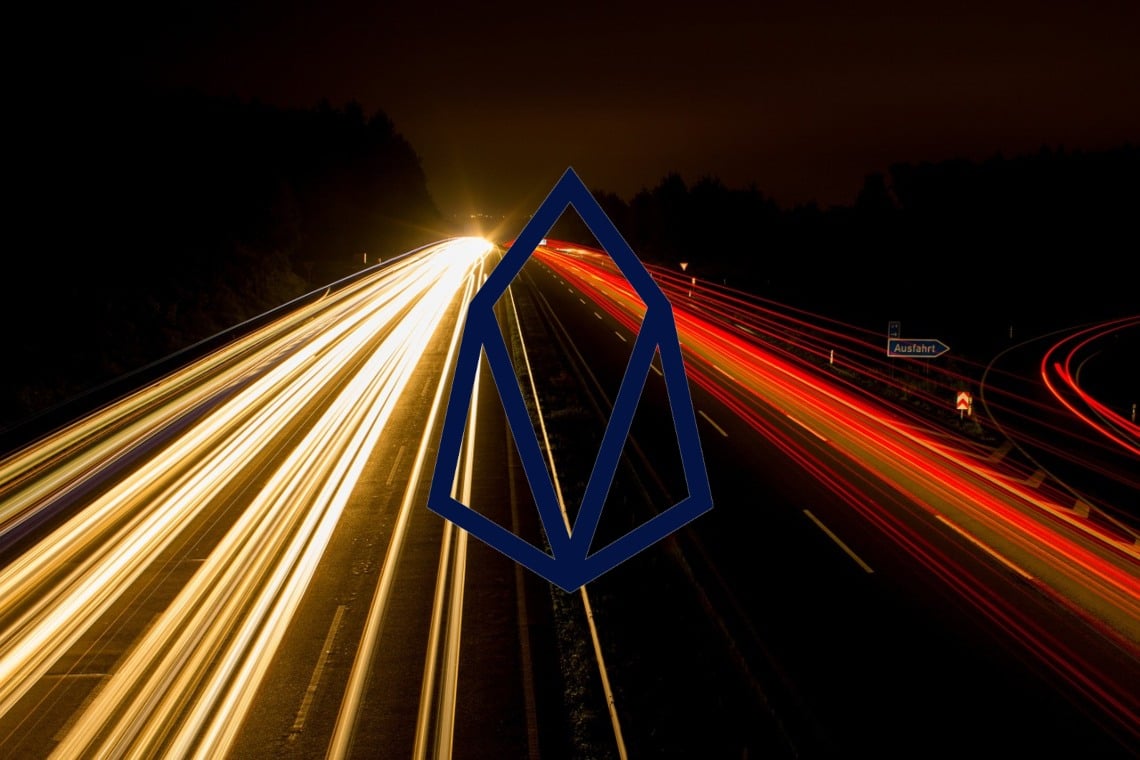Block.one’s CTO, Daniel Larimer, created a response post to a report on transaction statistics and blockchain scalability, in which he explained why the analysis of EOS and EOSio data was misleading.
The debate arose from a report that examined some consensus protocols and related cryptocurrencies, namely DPoS (Delegated Proof of Stake), LPoS (Liquid Proof of Stake) and XRP LCP (Ledger Consensus Protocol), thus comparing and analyzing the three blockchains and cryptocurrencies, EOS, XTZ and XRP.
The report already starts off poorly because it confuses EOSio with EOS, demonstrating a lack of knowledge of the difference between the two. It then moves on to analyze the use cases of EOS including gaming and the use on exchanges, since with its fee-free model it is very interesting for trading.
At this point it goes on to analyze the data of the transactions and, comparing them with the other blockchains, some mistakes are made, which were pointed out by Daniel Larimer.
For example, the average of transactions is 34 TPS (Transaction per Second), while on Tezos 0.43 and XRP 15.
This report tries to give a different definition of throughput trying to insinuate that there is no need to have the power and a considerable amount of TPS when it is not used or is used to make transactions without value.
In this respect, in fact, the report hits EOS hard, bringing to light only negative aspects such as those related to EIDOS leading to a congestion of the network, the WhalEx wash trading and the transactions of the various betting games.
Reviewing the related statements, Daniel Larimer wonders how legitimate such a report is and why it doesn’t take into account what happens on the Ethereum blockchain:
“What percentage of Ethereum transactions are spam, gambling, or otherwise low-value transactions?”
The answer, as Larimer says, is perhaps that the authors have received funding precisely from the Ethereum Foundation, and so the comparison with the Ethereum blockchain (ETH) was avoided on purpose.
Moreover, what is more unfair is the fact that throughput is considered as the only parameter to be taken into account and, as Larimer himself explains, even if the report has put in a bad light EOS, his blockchain is twice as fast as Ethereum, as demonstrated by the data of transactions that exceeded 100 million.



